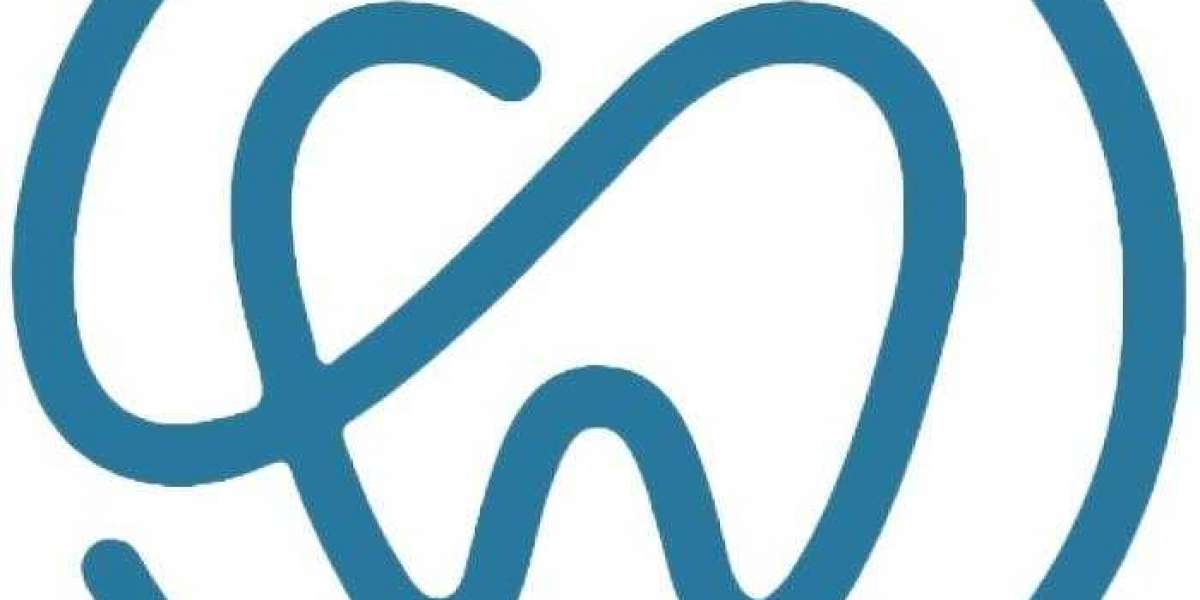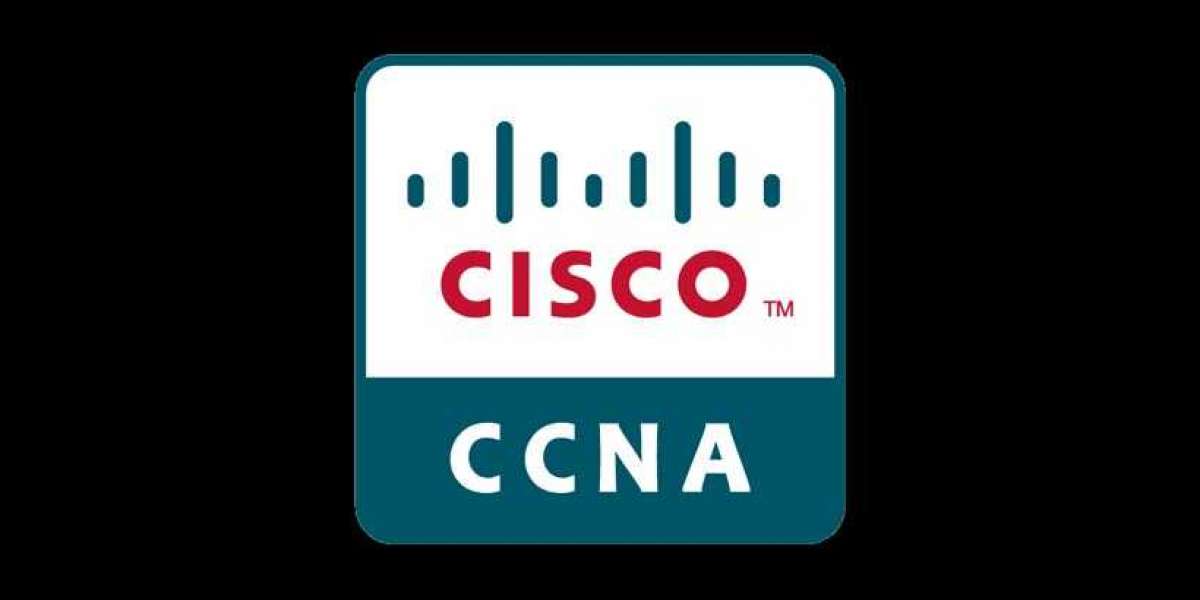Dental emergencies can happen at any time, and knowing how to respond can make all the difference. Whether it’s a sudden toothache, a knocked-out tooth, or an injury to your gums, prompt action can help reduce pain and protect your smile. Here’s a guide on what to do in common dental emergencies, so you’ll be prepared if a crisis strikes.
- Severe Toothache
A severe toothache can be incredibly uncomfortable and may be a sign of an underlying issue, like an infection or decay. Start by gently rinsing your mouth with warm salt water to help reduce bacteria and soothe the area. Use dental floss to carefully remove any trapped food between your teeth, as this can sometimes be the source of the pain. If the pain persists, take an over-the-counter pain reliever, but avoid placing aspirin directly on the gum or tooth, as it can cause irritation. It’s essential to see a dentist as soon as possible to address the underlying cause of the toothache.
- Knocked-Out Tooth
If you or someone else has a tooth knocked out, quick action can improve the chances of saving it. Start by holding the tooth by the crown (the top part) without touching the root, as handling the root can damage delicate tissue. Rinse the tooth gently with water if it’s dirty, but avoid scrubbing. If possible, try to place the tooth back into the socket and hold it there, but don’t force it. If reinserting the tooth isn’t an option, place it in a container of milk or a saline solution and head to the dentist immediately. Acting quickly increases the chances of successfully reattaching the tooth.
- Chipped or Broken Tooth
Chipping or breaking a tooth can be alarming, but there are steps you can take to prevent further damage. Rinse your mouth with warm water to clean the area and use a cold compress on your face to reduce any swelling. If the broken tooth has sharp edges, you can cover them with dental wax or sugarless gum to prevent injury to your mouth. Contact your dentist as soon as possible – they’ll assess the damage and may recommend a filling, crown, or other treatment to restore your tooth.
- Lost Filling or Crown
A lost filling or crown can leave your tooth sensitive and vulnerable. If you lose a filling, use dental cement (available at most drugstores) as a temporary solution until you can see your dentist. For a lost crown, try to slip it back over the tooth using dental cement or toothpaste to hold it in place temporarily. Avoid using glue or any non-dental adhesive, as these can harm the tooth. Schedule an appointment with your dentist promptly to replace the filling or crown.
- Abscess
An abscess is a painful infection that forms at the root of a tooth or in the gums, and it requires immediate attention. Left untreated, an abscess can spread the infection to other parts of the body, leading to more serious health issues. Rinse your mouth with warm salt water several times a day to reduce discomfort and draw out some of the infection. Contact your dentist right away, as an abscess typically requires antibiotics and professional treatment to prevent complications.
- Soft Tissue Injury
Injuries to the lips, cheeks, tongue, or gums can cause significant bleeding. Rinse your mouth with warm salt water and apply pressure to the area with a clean cloth or gauze to stop the bleeding. If the bleeding doesn’t stop after 10-15 minutes or if the wound is deep, seek medical help immediately. Applying a cold compress to the outside of the mouth can help control swelling.
Preparing for Dental Emergencies
Having a dental first aid kit can make a big difference in handling emergencies. Items to include are gauze, a small container with a lid (for lost teeth or fillings), dental cement, over-the-counter pain relievers, and contact information for your dentist.
Conclusion
Dental emergencies can be stressful, but knowing how to respond can help protect your teeth and reduce pain until you can get professional care. Remember to stay calm, follow the necessary steps, and reach out to your dentist as soon as possible for guidance and treatment. With a little preparation, you can handle any dental crisis with confidence and keep your smile safe.








